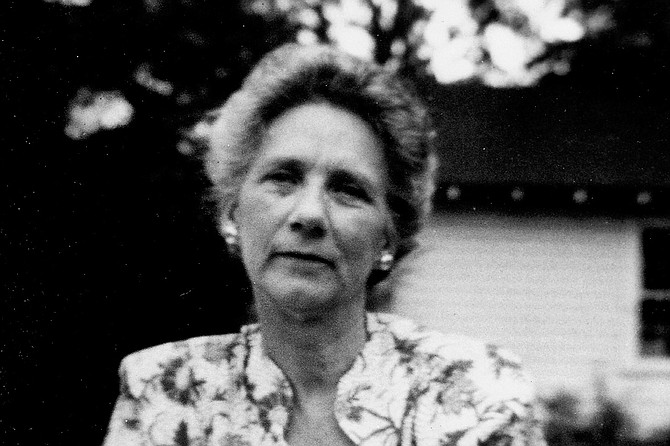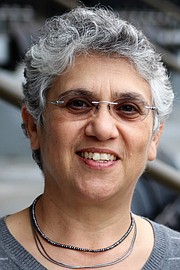When Fannye A. Cook was born in Copiah County, women were almost 80 years away from gaining the right to serve on a Mississippi jury and 95 years away from the Mississippi State Legislature's symbolic ratification of the 19th Amendment, which gave women the right to vote. It is no surprise that women in science, particularly wildlife sciences, were few. But notwithstanding Cook's time in history, and in some ways because of it, she is a hero among conservationists, natural historians, biologists and all others who value Mississippi's natural heritage.
Cook was born in 1889, just as the second Industrial Revolution was creating ways to make life easier for modern societies both rural and urban, but also as those innovations were putting new and greater pressures on wildlife, natural landscapes and public health. It was this time in history that must have inspired Cook to recognize the uniqueness of Mississippi's natural world and to passionately celebrate its importance to science, culture, history and the economy.
A 1911 graduate of what is now the Mississippi University for Women, Cook was a pioneer among scientists, conservationists and women. She became the driving force behind creating the Game and Fish Commission (now the Mississippi Department of Wildlife, Fisheries and Parks) to protect and conserve Mississippi's natural resources. Cook founded the Mississippi Museum of Natural Science to showcase the state's important and globally unique flora and fauna and to conduct natural-science research. Today the museum hosts more than 100,000 visitors each year.
Cook was also the driving force behind the creation of the state's wildlife management areas, which protect the state's water, air and natural heritage. She was instrumental in protecting Horn Island and other barrier islands that still protect Mississippi's shores from hurricanes and that help maintain habitats for the state's commercial and recreational fishing.
She was a passionate student of the natural world, but she was also an impassioned and tireless educator. She was the first person to produce a comprehensive statewide survey, collection and catalogue of Mississippi's flora and fauna. Through her collections, studies, books, papers and lectures, she shared her knowledge and zeal for natural science and conservation with students of all ages and in diverse venues.
Everything she did was in a professional field and within a political system that were almost exclusively male. She was a gifted scientist and advocate at a time when being a woman in science and politics was an anomaly. The fact that she accomplished what she did, and when she did, tells us about her mettle as a woman and as a Mississippian.
While making her indelible mark on Mississippi's wildlife, scientific and environmental record, she blazed a seldom-traveled trail for young women in Mississippi, women who might aspire to scientific and conservation endeavors, and she has impacted future generations of women who walked the trail she carefully, ethically and humbly blazed.
Honoring Cook's accomplishments and the rich body of work she left means honoring the remarkable things that continue to happen because of her place in history. It also means honoring her journey.
Jayne Buttross is a conservation advocate and retired attorney living in Jackson. This is her first column for the Jackson Free Press.



